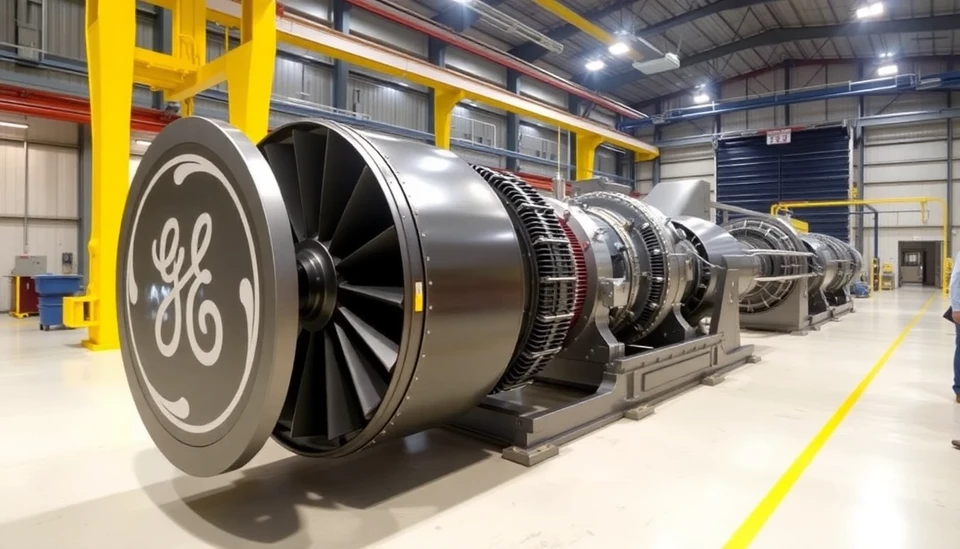
The United Kingdom is ramping up its commitment to clean energy, aiming for a significant acceleration in its transition towards renewable sources. However, this ambitious shift towards cleaner power might come at a cost to consumers, potentially increasing energy bills across the country. The government’s latest strategy to expedite the rollout of renewable energy projects has triggered concerns regarding financial implications amidst an already challenging economic landscape.
According to recent plans outlined by the UK government, renewable energy production is set to be fast-tracked in response to climate changes and the need for sustainable energy solutions. These initiatives include substantial investment in wind and solar energy as the UK seeks to diminish its reliance on fossil fuels and enhance energy security. Nevertheless, industry analysts warn that the accelerated transition could lead to a rise in energy costs for households and businesses alike.
Several key factors contribute to the expected increase in energy bills. The primary concern lies with the initial financial outlay required to support these renewable projects, which may lead to higher electricity prices. As the government incentivizes the growth of this sector, the transition from traditional energy sources is likely to incur not only construction costs but also expenses related to the upgrading of energy infrastructure. These costs could ultimately be passed down to consumers, leading to higher bills.
Furthermore, the transition to cleaner energy often comes with the challenge of maintaining consistent energy supply and reliability. Renewable resources, such as wind and solar, are intrinsically variable which necessitates enhanced grid systems and backup energy solutions. The investment required to modernize energy grids, ensure stability, and manage energy storage will further exert financial pressure that could reflect back into household bills.
Supporters of the clean energy transition argue that while initial costs might rise, the long-term benefits far outweigh these short-term challenges. They highlight advantages like reduced reliance on imported fuels, improved air quality, and long-term savings associated with sustainable energy. Investing in renewable technologies is also seen as vital for achieving carbon neutrality by 2050, which aligns with broader global climate goals.
In light of these developments, consumers are encouraged to stay informed about the proposed changes. The balance between transitioning to a clean energy future and managing realistic household energy costs remains a hot topic. As the government prepares to take further steps, both the industry and the general public will be closely monitoring the implications of this strategy on energy affordability.
The Clean Energy Initiative poses a significant challenge and opportunity simultaneously for the UK, signaling a potentially transformative time for the nation’s energy landscape. The outcomes will be pivotal not just in terms of environmental benefits but also in shaping the financial habits of UK consumers in the years to come.
In conclusion, the road ahead for the UK’s clean power aspirations is fraught with complexities, balancing the urgent need for sustainable practices with the financial realities faced by citizens. As initiatives unfold, attention will be drawn to how effectively the government can manage this transition without placing undue strain on energy bills.
#CleanEnergy #UKEnergy #RenewableEnergy #EnergyBills #Sustainability #ClimateChange #GovernmentPolicy #FinancialImpact
Author: Laura Mitchell




